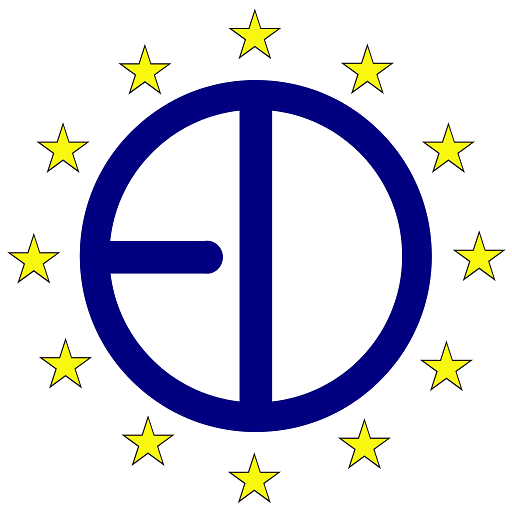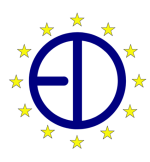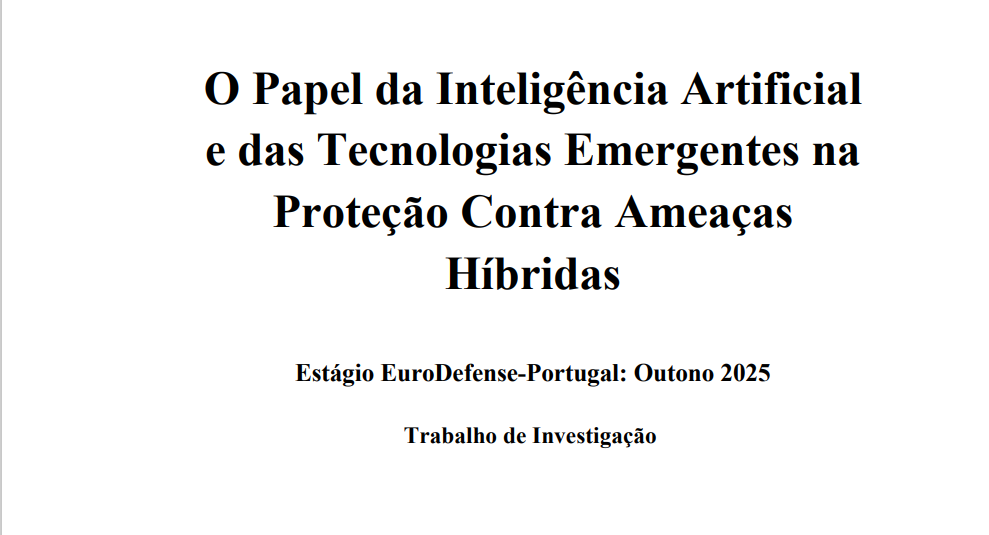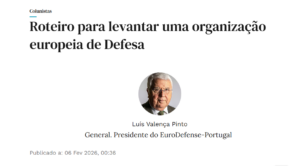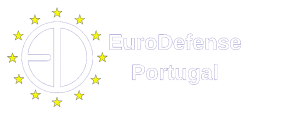In a technology-driven world, those who fail to achieve technological prowess are bound to be subordinated to those that do.
What is Starlink?
Since 2003, most of the satellites that provide us with internet have been in geostationary orbit. They tend to circumnavigate planet Earth at a rate of 36,000 kilometres.
In 2019, E. Musk’s aerospace company, Space X, launched a satellite constellation called Starlink. This programme aims to develop a cost-effective constellation of satellites capable of establishing its own autonomous communication system. Unlike the geostationary ones, these satellites are in low orbit, circumnavigating planet Earth at a distance of 2,000 kilometres or less.
On the one hand, according to the field specialists, the low earth orbit satellites are smaller, cheaper to produce, and are able to provide broadband internet at a superior speed and lower latency than the geostationary satellites. To operate, these satellites only require a small ground-based transmitter, the size of a laptop. On the other hand, lower altitude means lesser geographical coverage and greater vulnerability to geomagnetic storms and disruptions of Earth’s gravitational pull. At the time of the writing, Starlink satellites provide coverage to 71 countries.
Why it matters for the EU?
At first glance one may ask why this is of any importance to the EU. However, the first stages of the Ukraine war or E. Musk’s visit to Israeli Prime Minister B. Netanyahu in November 2023, further illustrated the critical importance of space-based internet systems in modern warfare.
Following Russian initial attacks to Ukrainian critical infrastructures, the decision regarding whether the Ukrainian military had access to a trustworthy communication service rested in E. Musk’s hands.
After a Twitter exchange with Mykhailo Federov, Ukraine’s ex-Minister of Digital Transformation, E. Musk guaranteed stable and reliable internet access to the Ukrainian government. Therefore, Starlink’s low earth orbit satellites became a powerful tool, enabling Ukrainians to conduct and mobilize battlefield operations and to have situational awareness of their own troops.
Furthermore, in the sequence of the 2023 Gaza War, E. Musk’s offer to provide international aid organizations operating in the Gaza strip with access to internet also demonstrates the critical role that his space-based programme has acquired.
Shifts in power
By now, anyone stating the fact that technology is a vital element in today’s world will sound like a broken record. However, the events in Ukraine raise a variety of important questions.
The first question concerns the status of these private-owned satellites in a war scenario. In a UN working group, Russian representatives already warned that any private-owned satellites being used for military purposes are legitimate targets.
Another fundamental question that has arisen in the past, albeit in a radically different scenario, is related to the new power dynamics concerning world politics. To what extent should a privately-owned company have decision-making power over such critical matters as internet access?
What the Starlink situation illustrates is the massive and prevalent influence that individual companies have acquired in today’s world. These kinds of decisions can shape geopolitics, economics and public opinion in a dramatic way. Additionally, these companies don’t have the legal obligation to directly provide services to a governmental body, especially not one outside of the country where they operate, and the individuals in power are not subjected to any kind of public and political scrutiny. All things considered, these factors add more to the central importance of the situation, especially considering what the medium-term future looks like. In other words, nation-states without any kind of development in this area should be concerned because, sooner or later, they will see a restriction to their sovereignty status. As it is currently stated, this is a matter of digital sovereignty.
EU’s digital sovereignty
According to Floridi, we can define digital sovereignty as “the control of data, software (e.g. AI), standards and protocols (e.g. 5G, domain names), processes, (e.g. cloud computing), hardware (e.g. mobile phones), services (e.g. e-commerce), and infrastructures (e.g. cables, satellites), in short, the control of the digital”.
Among the EU’s initiatives to achieve digital sovereignty, it is worth mentioning the IRIS² programme, crucially developed to reduce EU’s dependence in the infrastructures dimension, and tackle precisely situations like the Starlink one.
Launched in 2022, this programme aims at establishing the EU own constellation of low earth orbit satellites and get to grips with the necessity of having its own communication system through a spatial distribution network of broadband internet.
From a policy perspective, its true significance remains to be seen. The satellites are expected to start working around 2027. In practical terms, the programme should provide broadband internet to all of Europe and Africa, increase cohesion and connectivity between the EU countries, and expand the dialogue with European startups, which will play an active role in building its infrastructure. Moreover, as the Green’s MEP Niklas Nienass stated, this facility will allow for European leaders to communicate without fears of being intercepted by V. Putin intelligence departments. Despite its geopolitical significance, its future role can be crucial to the EU’s competitiveness as a whole. Needless to say, in the case of potential escalation and full-scale conflict, IRIS² satellites would help the EU in the same manner that Starlink helped the Ukrainian military.
Competition and world order
The EU is not alone in this endeavour. On the political side, China’s Aerospace Science and Industry Corporation aims to launch 13,000 low earth orbit satellites during the next decade. Just to get an idea, the EU’s IRIS² consists of 170 satellites. Conversely, in the private sector, there are projects like Kuiper from J. Bezos’s Amazon. This project has already launched 2 low earth orbit satellites but looks forward to reaching around 3,000 in the near future. It is fair to say that the race towards space-based internet is on!
Taking everything into account, the EU’s goal of strategic autonomy reveals itself through these kinds of initiatives. There is no other way but to develop European self-sufficiency. However, as the ECFR points out, the EU should not neglect the need for strategic partnerships. It should understand the potential of strategic interdependence when strategic autonomy seems like too long-term of a challenge. The current world order is being affected by a variety of situations, rather than trying to save yesterday’s world, the EU should maintain its current alliances and foster new ones in order to meet its needs, all while navigating its internal political divergences on how to reach strategic autonomy.
29th February 2024
André Craveiro
EuroDefense Jovem-Portugal
Floridi, L. The Fight for Digital Sovereignty: What It Is, and Why It Matters, Especially for the EU. Philos. Technol. 33, 369–378 (2020). https://doi.org/10.1007/s13347-020-00423-6
Aydıntaşbaş, A., Barnes-Dacey, J., Dennison, S., Dumoulin, M., Grare, F., Leonard, M., Murphy, T., Torreblanca, J. I., “Strategic Interdependence: Europe’s new approach in a world of middle powers”, European Council on Foreign Relations, October 2023
Talita (2023) The EU will launch its own satellites constellation for Communication and Internet – IRIS², the “European Starlink” [online] Disponível em: The EU Will Launch Its Own Satellites Constellation for Communication and Internet – IRIS², the “European Starlink” | The Atlas Report (atlas-report.com)
Erwin, S. (2024) Internet from space: U.S. Air Force bets on commercial networks [online] Disponível em: https://spacenews.com/internet-from-space-u-s-air-force-bets-on-commercial-networks/
Jayanti, A. (2023) Starlink and the Russia-Ukraine War: A Case of Commercial Technology and Public Purpose? [online] Disponível em: https://www.belfercenter.org/publication/starlink-and-russia-ukraine-war-case-commercial-technology-and-public-purpose
Capri, A. (2023) How Starlink and satellite internet are reshaping geopolitics in space [online] Disponível em: https://www.hinrichfoundation.com/research/wp/tech/starlink-and-satellite-internet-reshaping-the-future/
LaForge, G. (2023) Starlink and Sovereignty [online] Disponível em: https://www.newamerica.org/planetary-politics/blog/starlink-and-sovereignty/
NOTA:
- As opiniões livremente expressas nas publicações da EuroDefense-Portugal vinculam apenas os seus autores, não podendo ser vistas como refletindo uma posição oficial do Centro de Estudos EuroDefense-Portugal.
- Os elementos de audiovisual são meramente ilustrativos, podendo não existir ligação direta com o texto.
